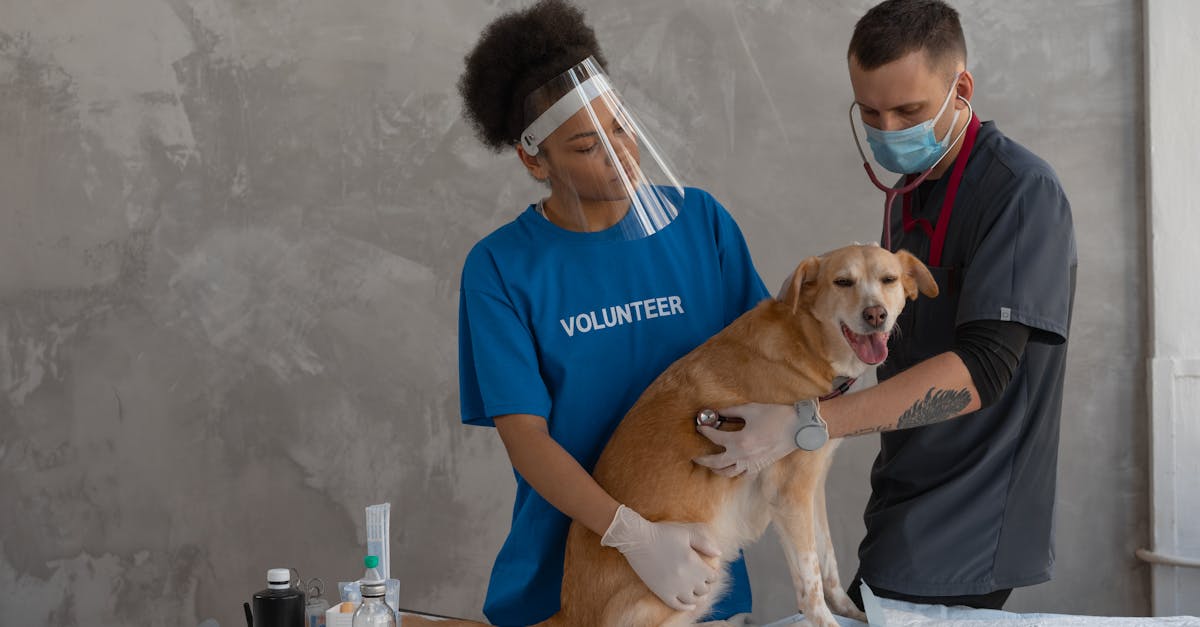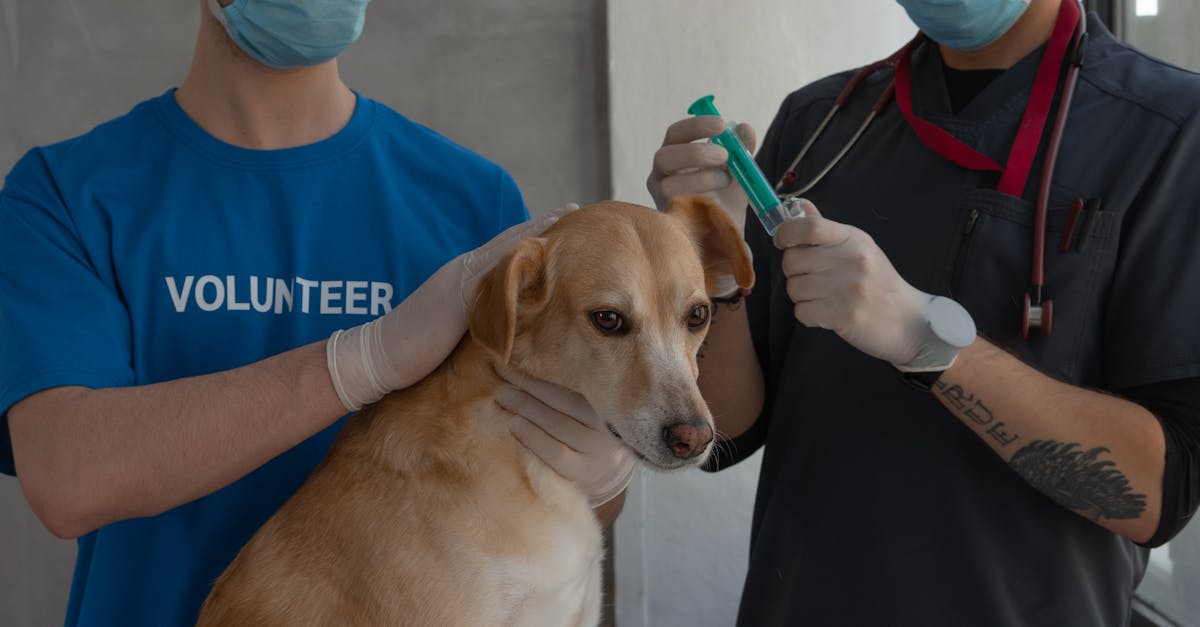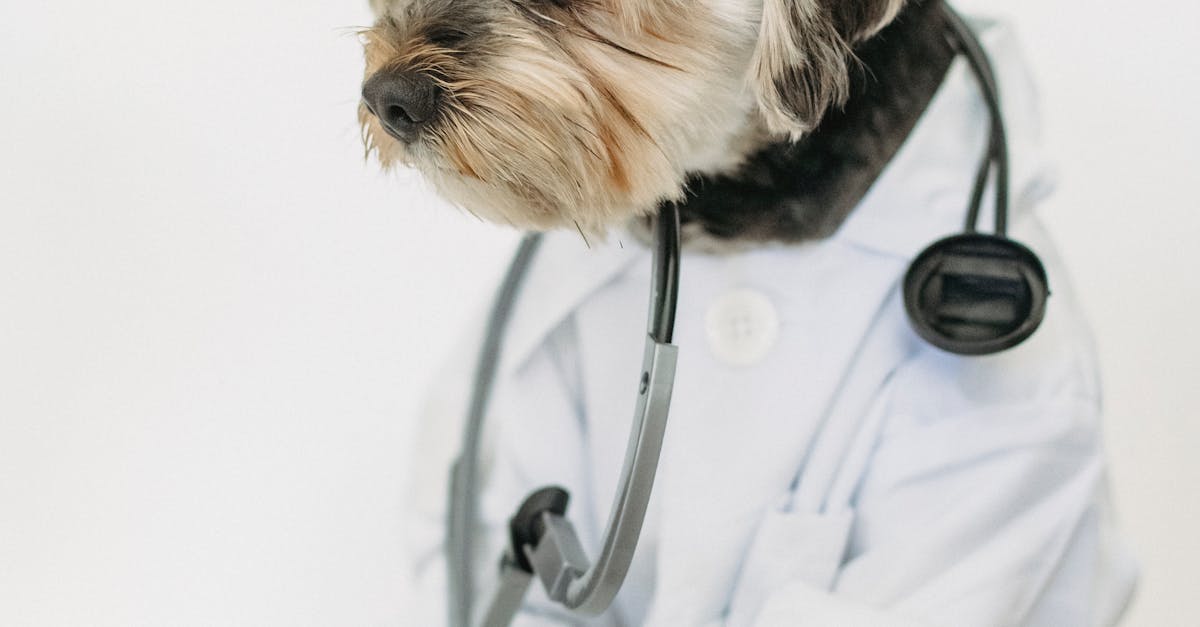🐾 As pet parents, we all want what’s best for our furry friends. Whether they bark, purr, chirp, or have scales, pets hold a special place in our hearts. One of the most crucial aspects of ensuring their well-being is keeping up with regular vet visits. Join me on this journey as we explore why these visits are so crucial and what benefits they bring to our beloved companions.
Setting the Stage: Why Vet Visits Matter
The health of our pets often mirrors our own, and just like humans, they need routine check-ups to stay in peak condition. However, understanding the why behind these visits can motivate us even more.
An Unexpected Issue
I remember a time when my golden retriever, Bailey, seemed perfectly healthy. He was playful and eating well, but a routine vet visit revealed an early-stage kidney issue. Thanks to that check-up, we were able to treat it early, sparing Bailey from potentially severe health problems later on.
Preventive Care: The First Line of Defense
Routine vet visits function as preventive care:
- Early Detection: Catching health problems early can make treatment simpler and more effective.
- Vaccinations: Keeping up-to-date with vaccinations prevents many serious diseases.
- Dental Health: Dental checks can prevent gum disease and other related health issues.
- Parasite Prevention: Regular checks help avoid infestations of fleas, ticks, and worms.
The Multifaceted Benefits of Regular Vet Visits
Early detection and vaccinations are just the tip of the iceberg. Let’s dive deeper into the myriad benefits these visits bring.
1. Tailored Nutrition Plans 🥕
Every pet has unique nutritional needs depending on their age, breed, and health status. Regular vet visits ensure you get expert advice on the best diet for your pet. Whether you have an overweight cat or an underweight puppy, the vet can recommend diet adjustments, supplements, or specific brands of food to tackle the issue.
2. Comprehensive Health Exams
In a typical check-up, the vet will:
- Measure Weight: Monitoring weight trends can indicate issues like obesity or malnutrition.
- Check Eyes, Ears, and Mouth: Detecting infections, dental issues, or eye problems.
- Palpate Abdomen: Feeling the torso area to detect any abnormalities.
- Review Mobility: Checking for signs of arthritis or other joint issues.
3. Behavioral Insights
Is your pet suddenly acting out or showing signs of anxiety? Behavioral changes often hint at underlying health problems. Not only can regular vet visits help diagnose the problem, but your vet can also suggest behavioral training or lifestyle changes to rectify the issue.
4. Parasite Management
Parasites are more than just a nuisance; they can lead to severe health complications. Vets provide treatments and preventive measures customized for your pet, ensuring they remain parasite-free.
- Flea and Tick Control: Bites can cause allergic reactions and transmit diseases.
- Worm Treatments: Intestinal parasites can lead to severe digestive issues and overall poor health.
5. Monitoring Chronic Conditions
Pets with chronic conditions need continuous monitoring to manage their health effectively. Conditions like diabetes, arthritis, or kidney disease require regular vet visits for:
- Medication Adjustments: Ensuring they are on the correct dosage.
- Diet Changes: Adapting their diet to support their condition.
- Regular Testing: Conducting blood tests or x-rays to monitor disease progression.
Tailoring Care for Every Life Stage
Different life stages require different care routines. Here’s a breakdown of what to expect for each phase of your pet’s life.
Puppies and Kittens 🐾
For young pets, vet visits are more frequent, typically every 3-4 weeks for the first few months. Important aspects include:
- Vaccinations Schedule: Protecting against common diseases.
- Growth Monitoring: Ensuring they are growing at a healthy rate.
- Spaying/Neutering Advice: Deciding the right time for the procedure.
Adulthood
For adult pets, the frequency of visits might reduce to once a year, but they are equally important:
- Annual Health Exams: Ensuring overall health.
- Dental Cleanings: Preventing dental diseases.
- Nutritional Guidance: Adjusting diets as they move out of the growth phase.
Senior Pets
Senior pets (age 7 and above) might need bi-annual visits. Important considerations include:
- Arthritis Checks: Ensuring mobility and comfort.
- Blood Work: Monitoring for age-related diseases.
- Diet Adjustments: Ensuring their diet supports their aging body.
Practical Tips for a Stress-Free Vet Visit
Bringing a nervous pet to the vet can be challenging. Here are some tips to make the experience smoother:
1. Acclimatize Your Pet
Before the visit, spend some time letting your pet get used to the carrier or car. Short trips around the block can reduce anxiety.
2. Schedule Smart
Choose a time when your vet’s clinic is less crowded. This minimizes wait times and reduces stress for your pet.
3. Comfort Items
Bring along your pet’s favorite toy or blanket. Familiar items can provide comfort in the unfamiliar setting of a vet’s clinic.
4. Positive Reinforcement
Reward your pet with treats and praise before, during, and after the visit. Positive reinforcement can turn vet visits into a more pleasant experience.
A Pet Parent’s Testimony: Daisy’s Journey
Let me share another personal story to underline the significance of regular vet visits. My cat, Daisy, who is now 12 years old, started to show signs of lethargy. Regular visits ensured early detection of hyperthyroidism, a common condition in senior cats. Early intervention meant Daisy could enjoy a longer, healthier life with her condition managed through medication.
Addressing Common Concerns
I often hear fellow pet parents express several concerns about regular vet visits. Here are some common ones and how to address them:
1. Cost Implications
Yes, vet visits are an added expense, but consider them an investment in your pet’s long-term health. Regular check-ups can prevent costly emergency treatments down the line.
2. Time Constraints
Our busy schedules make regular vet visits seem bothersome. However, most vet clinics offer flexible scheduling to accommodate your availability.
3. Pet Anxiety
We addressed this briefly, but it’s worth reiterating. Training your pet to tolerate vet visits takes time but pays off in making the experience less stressful.
Maximizing the Benefits of Vet Visits
Ask Questions
Don’t hesitate to ask your vet questions. Whether it’s about diet, behavior, or health, your vet is there to help.
Maintain a Health Record
Keep a detailed health record for your pet. Document vet visits, prescribed medications, and any health issues. This helps in tracking their health over time.
Follow-Up Care
Ensure you follow through with any recommended follow-up care or rechecks. It’s crucial for managing ongoing health issues.
Final Thoughts: Health is Wealth
To sum up, regular vet visits are more than just a tick on the checklist. They are an essential part of keeping our furry friends healthy and happy. From early detection of diseases to tailored nutritional advice and effective parasite management, these visits offer endless benefits.
So, the next time your vet’s appointment reminder pops up, don’t see it as an inconvenience. Look at it as an opportunity to provide the best care for your beloved pet. Let’s commit to regular vet visits and ensure our pets live their healthiest, happiest lives. 🐾
Stay informed, stay proactive, and most importantly, stay devoted to your pet’s health. After all, they are not just pets; they are family.
Remember: Regular check-ups are crucial. Schedule your vet visit today!














